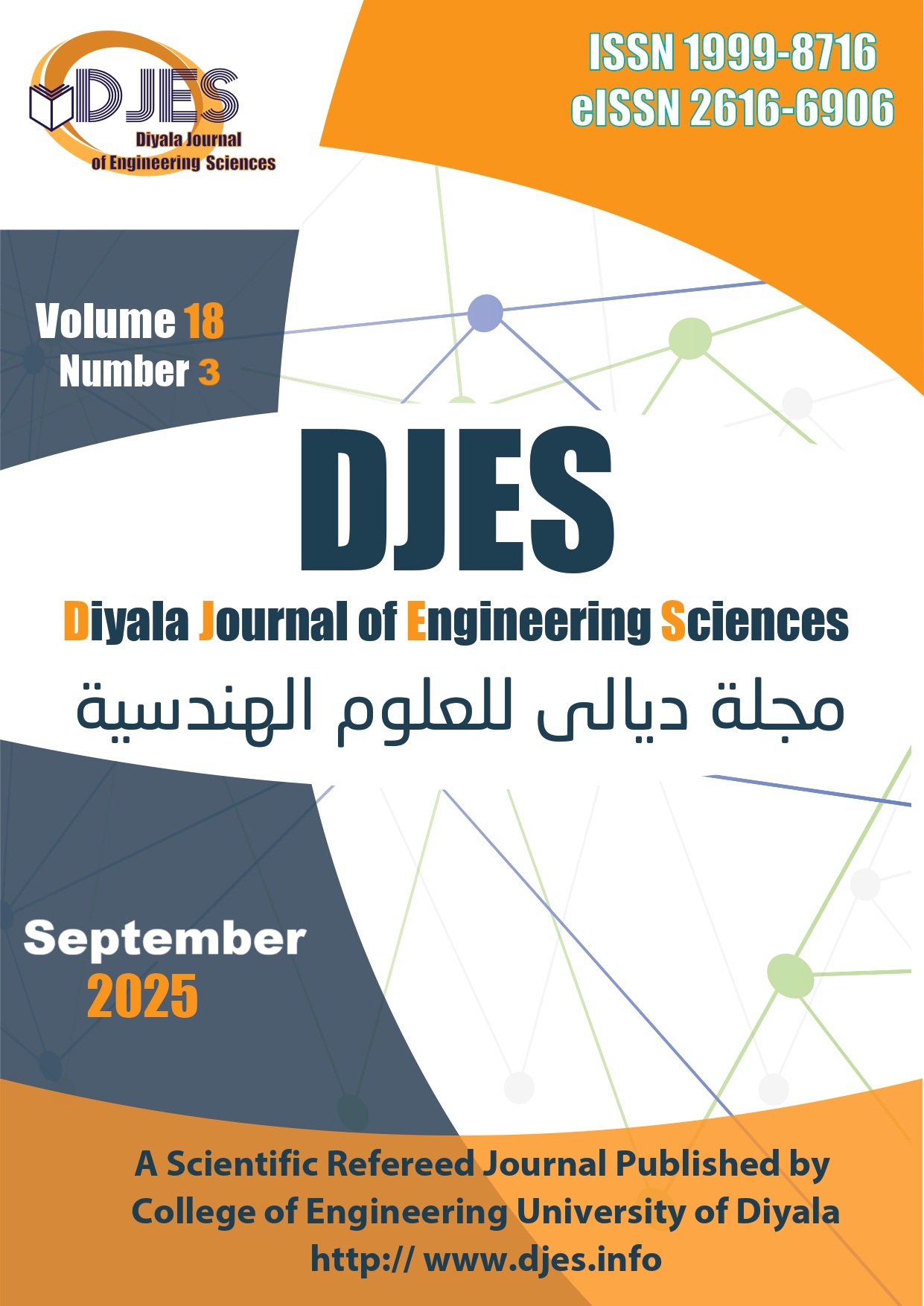Abstract
Many types of e-health applications support smart cities in terms of health care. Every application is subject to requirements that must be met to be considered successful. In terms of system performance, the communication networks are responsible for meeting the requirements of e-health applications to transfer the data of applications successfully to their destinations with a focus on reliability, latency and packet loss. In addition, data protection against expected attacks is essential to maintain the data integrity of such applications. The integration of the healthcare system with promising information and communication technologies (ICTs) can lead to effective, personalised and accessible healthcare solutions, thus ultimately improving patient outcomes and the overall healthcare ecosystem. Meanwhile, sustainability has become one of the most vital conditions for any application in a smart city. In this context, this study explores the modern related literature to discover the types and the requirements of e-health applications and the available ICTs that meet these requirements. In addition, this study analyses the cybersecurity requirements related to e-health applications. Furthermore, this work engages the sustainability concept with e-health and ICTs to investigate the expected benefit of this approach. Finally, the work provides as energy consumption analysis for internet of medical things (MIoT) sensors to demonstrate the impact of energy-efficient methods used in e-health systems.
Keywords
Cybersecurity
E-health applications
ICT
MIoT
Sustainability
Wireless Communication techniques
Keywords
طبيقات الصحة الإلكترونية، تكنولوجيا المعلومات والاتصالات، الأمن السيبراني، الاستدامة، تقنيات الاتصالات اللاسلكية، إنترنت الأشياء (MIoT)
